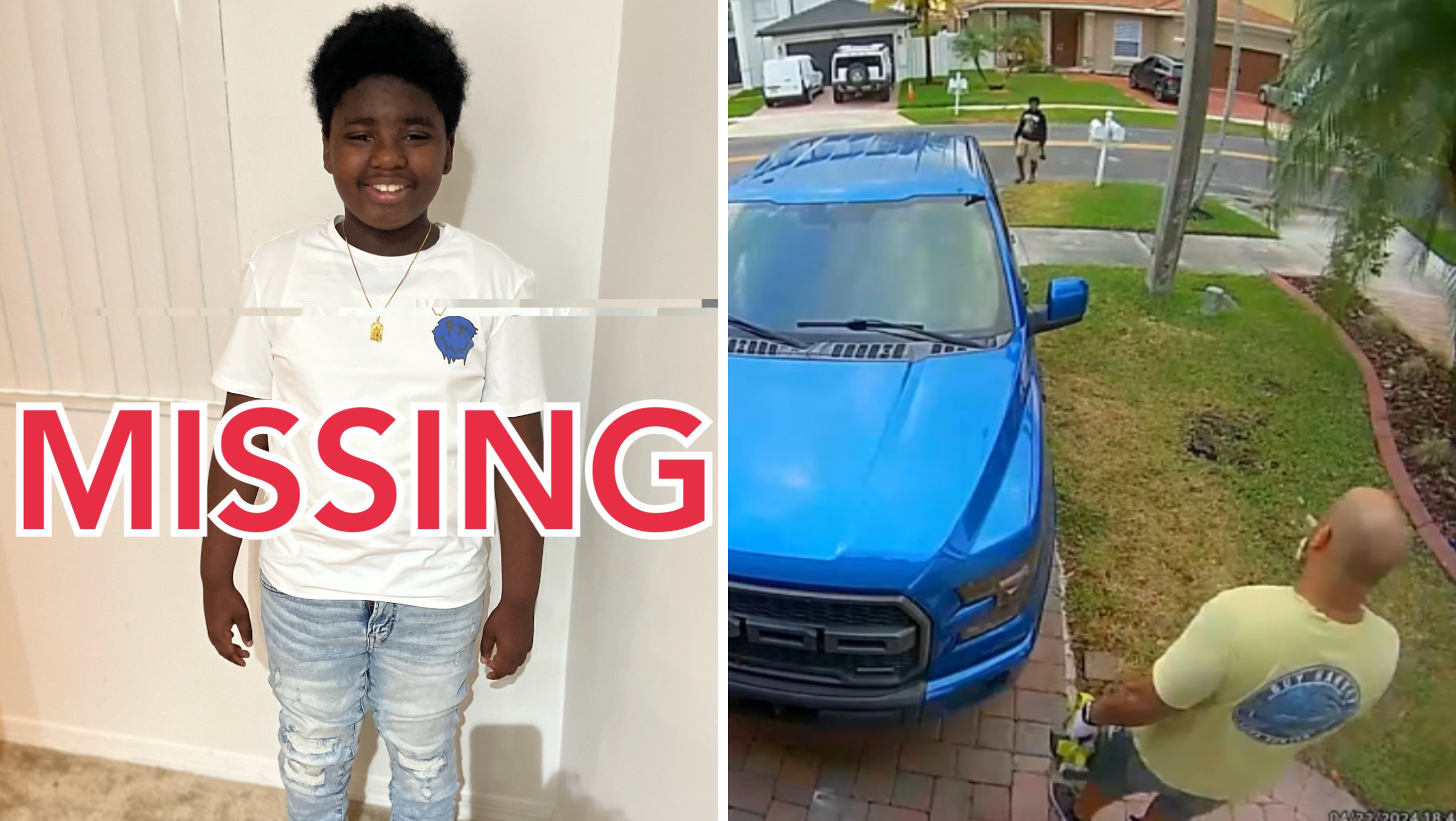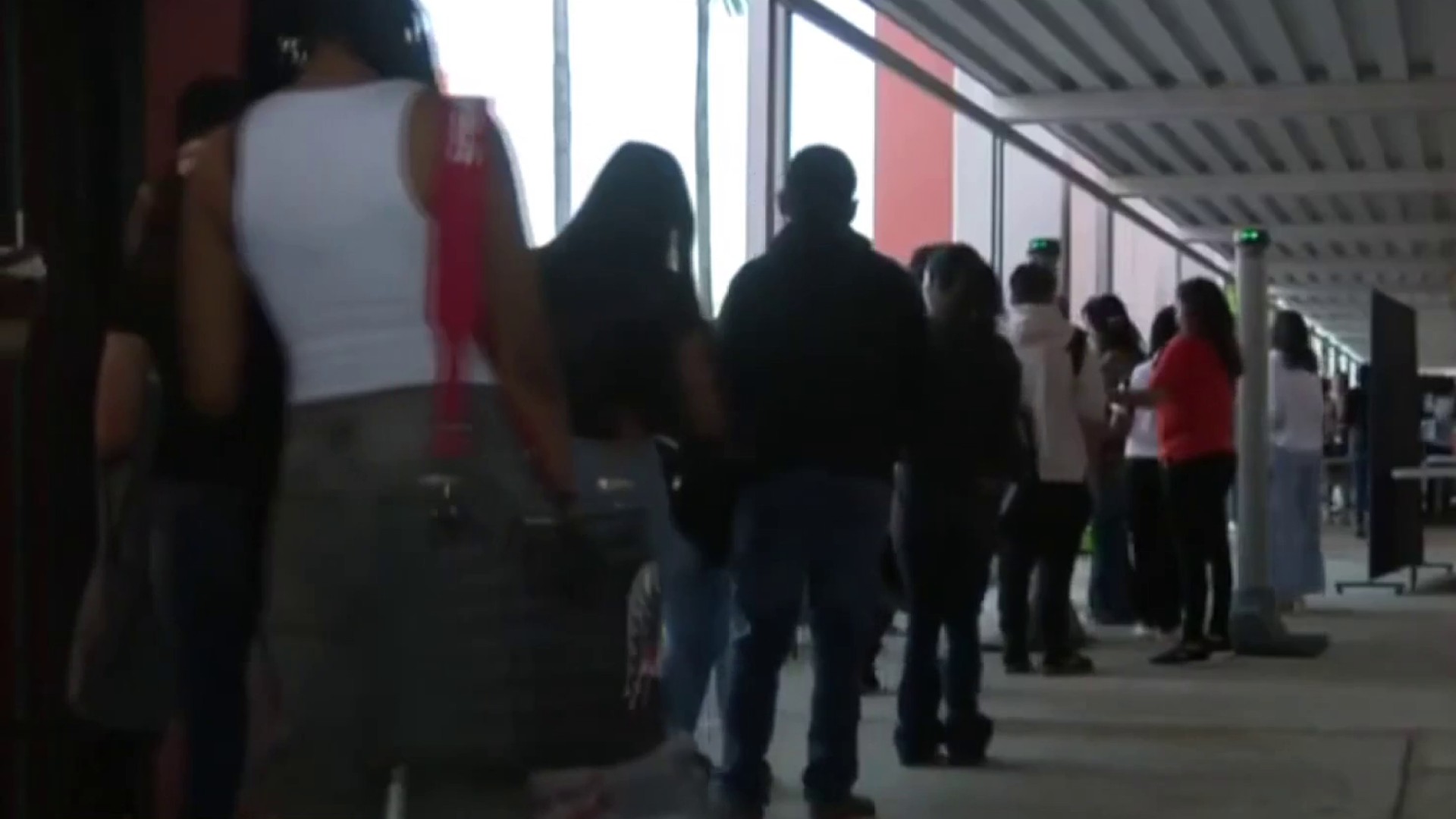A North Miami police officer fired his gun toward a man he believed was armed with a gun, but instead hits the man's therapist – who was lying beside him with his hands up. His target, a man with severe autism, was holding a toy truck, not a gun.
In a separate incident, a Broward Sheriff's Office deputy confronted a teenager in Tamarac and threw him roughly to the ground, then arrested him on charges that were almost immediately dropped.
Both were charged with criminal offenses, but only the BSO deputy was suspended from his job without pay.
Jack Dale, who oversaw internal affairs investigations for years at the Broward County Sheriff's Office, says determining how to treat officers accused of crimes or other misconduct is not a uniform or easy task.
Dale says law enforcement agencies look at several factors when an employee is accused of misconduct.
"You have to look at the violations, you have to weigh if they're salvageable," he said. "You have look to determine if you're going to keep him in a full duty status. If that violation is proven, will it affect other cases they're attached to moving forward?"
The BSO deputy involved in the tough takedown of the teen in Tamarac and another deputy who joined in the confrontation were charged with misdemeanors – battery and falsifying records. A third deputy was also charged with falsifying records.
Local
The three deputies, who pleaded not guilty to the charges, were suspended without pay.
"Those deputies should be on paid status working behind a desk until their case is over with," said the deputies' union president Jeff Bell, adding the union is fighting to have them restored to the payroll until the case is resolved.
Bell says the union does not understand the decision to place the deputies on a non-paid status.
"That's a decision of the sheriff and that is not following past practices and not following best practice either," he said.
BSO declined to comment about the deputies' case but under the agency's policy, employees who are criminally charged "may be suspended without pay…pending criminal and/or administrative processes."
NBC 6 Investigators found what happens to officers and deputies under investigation depends largely on the community they serve.
When an officer is charged with a felony, they're often suspended without pay but that's not always the case.
Jonathon Aledda, the North Miami officer who shot a therapist in 2016, was charged with two felonies but continued to be paid while on administrative leave from his department – earning $197,792 for the nearly three years it took to get a jury verdict against him: guilty of misdemeanor culpable negligence.
Records provided by North Miami (city and police) show Aledda was placed on a non-paid status following the verdict and ultimately fired in July 2019.
According to the North Miami police union contract, the police chief could have suspended Aledda without pay after he was charged with felonies, but in the end, he would have received back pay because he was convicted of only one misdemeanor. A judge ultimately withheld adjudication and sentenced Aledda to do community service.
Dale says the system is "designed to be fair to the employee" and gives them due process.
But is it fair to the taxpayer?
"Well at the end, I guess it would be unfair if the person has committed the violation and has managed to be paid up to that standpoint," Dale said, noting an agency can't take the money back once it has been paid.
Dale says that if an officer is cleared, the agency have to take him or her back and pay all back-pay if they had been suspended without pay.
"We would have no justification to take their job or to give them any discipline," he said.
Bell, the union leader, says the bottom line is "we (officers) make mistakes just like anybody else."
Aledda is expected to challenge his termination. His attorneys and union did not return our multiple requests for comment.



